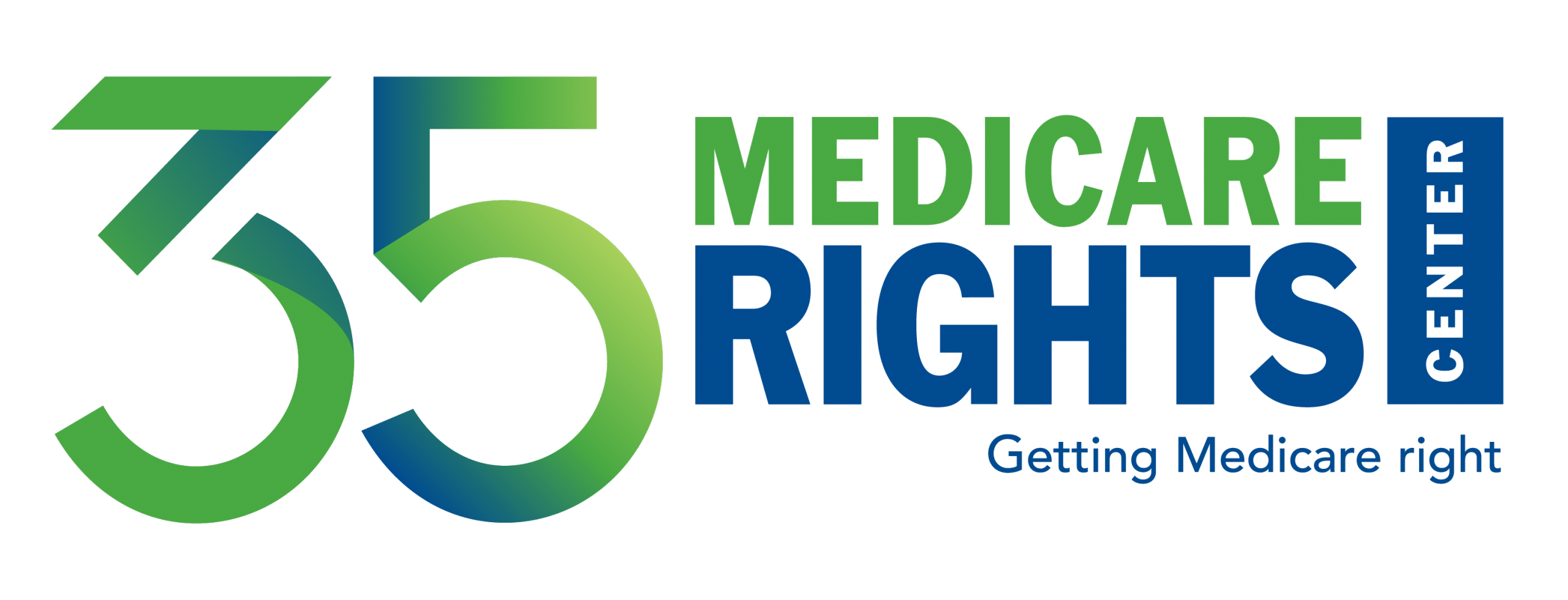News
Statement by Joe Baker, President of the Medicare Rights Center, on the President’s 2015 Budget
Statement by Joe Baker, President of the Medicare Rights Center, on the President’s 2015 Budget
New York, NY—For people with Medicare, the President’s budget proposal contains good and bad news. The budget outlines responsible solutions to slow Medicare spending, while also endorsing proposals that would shift higher health care costs to Medicare beneficiaries now and in the future.
We applaud proposals in the budget that would reduce wasteful spending on prescription drugs. Restoring Medicare’s ability to benefit from the same discounts that Medicaid receives on prescription medicines is a sensible savings solution that does no harm to people with Medicare. The same is true for the President’s proposals to accelerate closure of the Part D prescription drug coverage gap, or doughnut hole, prohibiting drug companies from brokering anti-competitive deals intended to delay access to generic medicines, and to reduce the exclusivity period for expensive biologic drugs.
In addition, we are pleased that the President expressly commits to simplifying the appeals process for beneficiaries dually eligible for Medicare and Medicaid who receive coverage through managed care plans. While seemingly small, this proposal would alleviate known barriers to accessing needed health care services for low-income beneficiaries unable to navigate the needless complexity of a fragmented appeals system. The plan complements exciting models already underway in New York State and under consideration by other states participating in demonstrations to coordinate care for dually eligible beneficiaries.
Critically, we remain deeply concerned by proposals that would shift the burden of higher health care costs to older adults and people with disabilities living on low or modest, fixed incomes. Suggested policies to further means test Medicare premiums, add a home health copayment, increase the Medicare Part B deductible and hike brand name drug copayments for low-income Part D beneficiaries are alarming. These so-called structural reforms seek savings for the federal government at the expense of those least able to afford it.
–end–
Media Inquiries
pressoffice@medicarerights.org
Recent News
About Medicare Rights
Learn More

